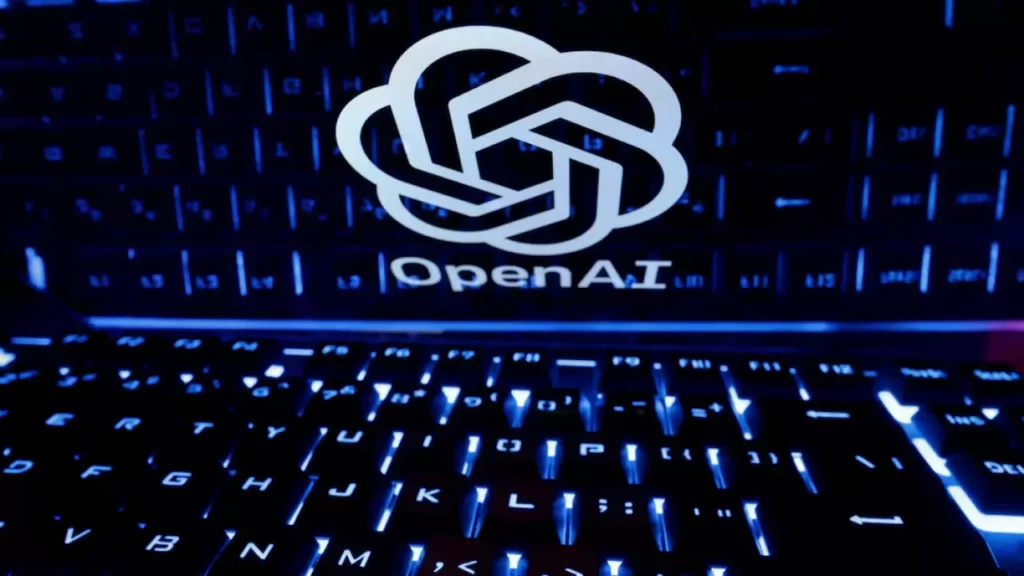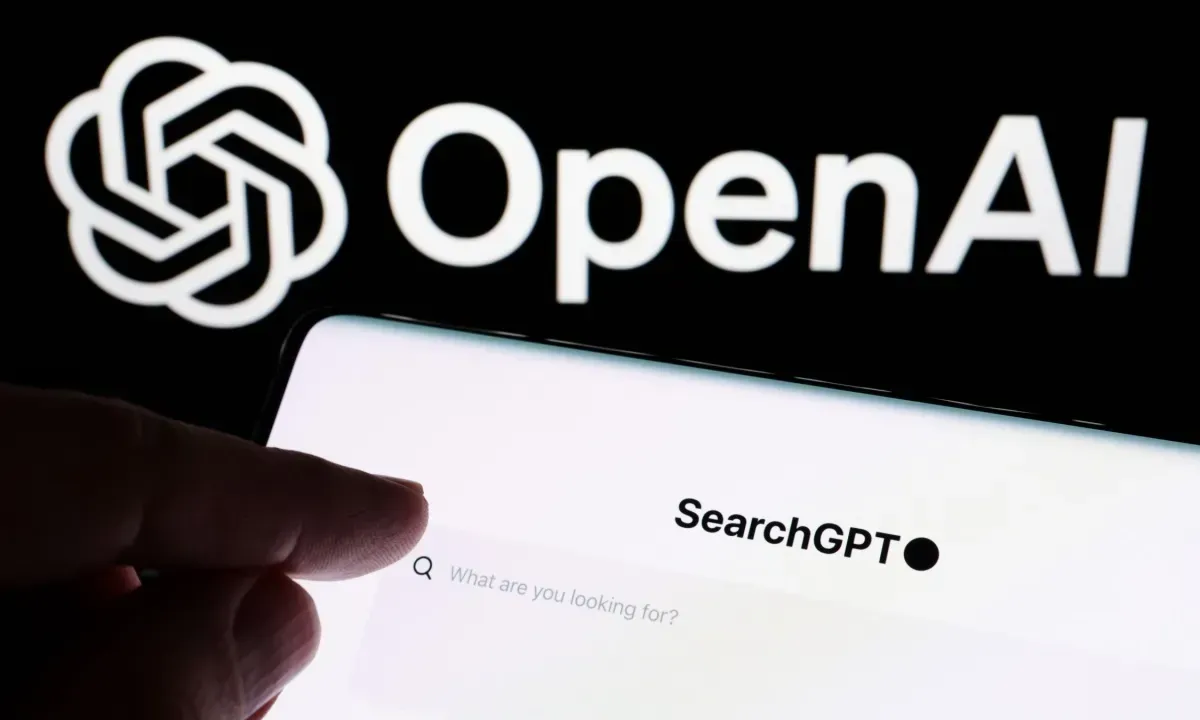OpenAI is developing a new OpenAI browser built on Chromium, and insiders say macOS could be the first platform to get it. The project goes beyond simply mimicking Chrome. Instead, it builds in AI at the core, with features like intelligent tab selection, a redesigned new tab page, and even a mode where the browser handles navigation for you.
Agent mode shows the roots of the OpenAI browser

ChatGPT’s Agent mode shows how this browser might work in practice. That tool uses a Linux terminal and a Chromium base to execute tasks directly in the cloud. Users can issue instructions like “create a PowerPoint presentation from my files and web sources,” and the system handles every step automatically.
Testers report that Agent mode already manages complex requests smoothly. If OpenAI folds those abilities into the browser, it could blur the line between browsing and task automation.
Features expected in the OpenAI browser
Rather than competing on themes or plug-ins, OpenAI’s plan seems to focus on utility. Reuters reported the browser may encourage users to remain inside a chat-like interface instead of visiting sites directly. That would shift the experience from clicking through links to giving instructions.
Expected features include:
- AI tab selection that prioritizes relevance
- A focused new tab page for task flow
- Full browsing automation for research
- Direct ChatGPT integration into every session
These tools suggest the browser is less about surface design and more about rethinking how people interact with the web.
A familiar design with different goals
Some sources believe the project could resemble Chrome at first glance. Still, beneath the interface, it runs on a unified agentic system built around ChatGPT. That system may even make the browser feel like an assistant, not just a portal.
Why the OpenAI browser could challenge Google
Browsers have long been gateways to ecosystems. For Google, Chrome funnels users into its services. With its AI-first design, the OpenAI browser could try to break that cycle and keep users inside its own ecosystem.
The internet has always revolved around clicks and searches. If OpenAI succeeds, those habits could give way to instructions and outcomes.














